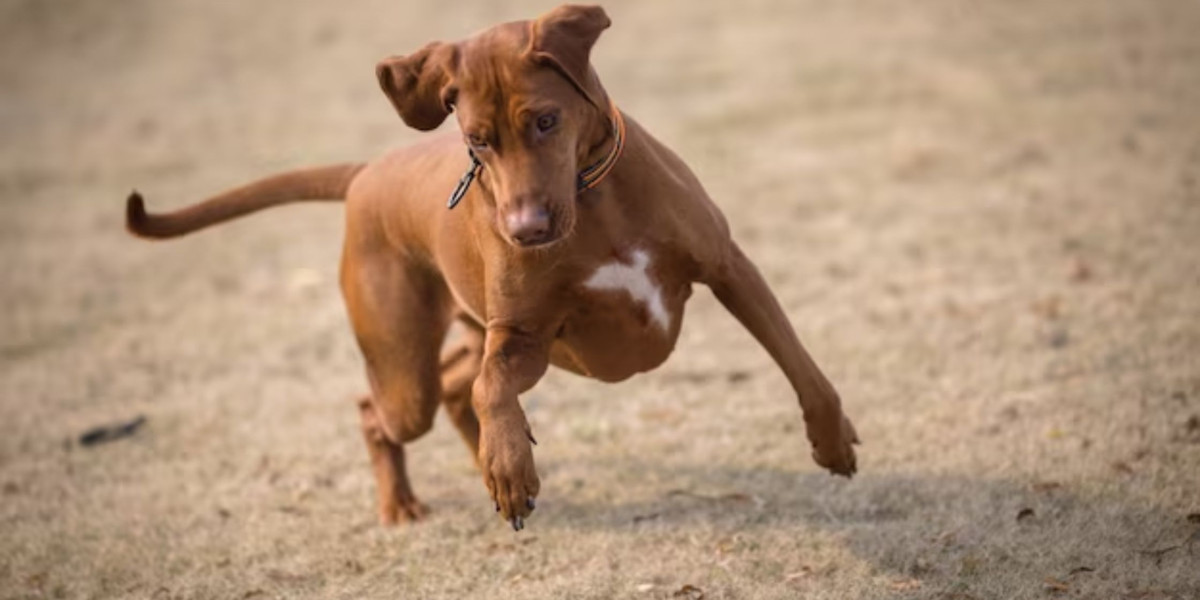Do you have an older dog who still struggles with potty training? Don't worry, you're not alone. Many pet owners face this challenge, but the good news is that with patience and the right approach, you can successfully potty train your older furry friend.
Potty training an older dog requires understanding and consistency. Here's a guide to help you navigate how to potty train an older dog.
Understand Your Dog's Needs: Before starting potty training, it's essential to understand why your older dog may be having accidents. Medical issues, anxiety, or simply not being properly trained earlier could be contributing factors. Consulting with your veterinarian can rule out any underlying health issues.
Establish a Routine: Dogs thrive on routines. Set a consistent schedule for feeding, walks, and potty breaks. Take your dog out first thing in the morning, after meals, before bedtime, and several times throughout the day. Consistency is key to reinforcing good habits.
Use Positive Reinforcement: When your dog eliminates in the designated potty area, praise and reward them with treats or verbal praise. Positive reinforcement helps your dog associate going potty outside with good behavior.
Supervise Your Dog: Keep a close eye on your dog, especially when they're indoors. If you can't supervise directly, confine them to a small area where accidents are easy to clean. Use baby gates or a crate to limit their access to other parts of the house.
Watch for Signs: Learn to recognize the signs that your dog needs to go potty, such as circling, sniffing, or heading towards the door. Promptly take them outside when you notice these cues.
Clean Accidents Thoroughly: Accidents will happen during the training process. When they occur, clean the area thoroughly with an enzymatic cleaner to remove any lingering scent that might attract your dog back to the same spot.
Be Patient and Persistent: Potty training takes time, especially with older dogs who may have ingrained habits. Stay patient and consistent with your training efforts. Celebrate progress, no matter how small, and don't get discouraged by setbacks.
Consider Professional Help: If you're struggling to potty train your older dog despite your best efforts, consider seeking help from a professional dog trainer or behaviorist. They can provide personalized guidance and support tailored to your dog's specific needs.
Conclusion
Successful potty training for older dogs requires patience, understanding, and consistency. By implementing a routine, using positive reinforcement, and closely supervising your dog, you can effectively teach them where to go potty. Remember to watch for signs, clean accidents promptly, and seek professional help if needed.
Ultimately, providing proper pet care solutions tailored to your dog's needs is key to achieving success in potty training and fostering a strong bond with your furry companion. With dedication and love, you can overcome this challenge and create a happy, harmonious environment for both you and your beloved pet








